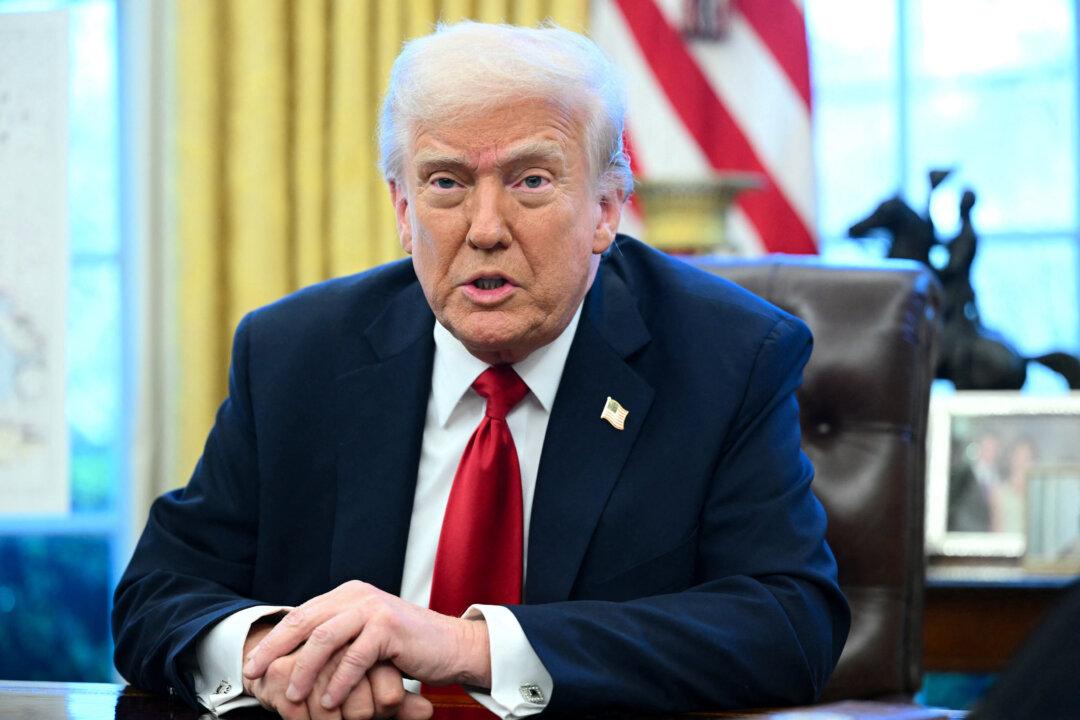U.S. President Donald Trump said he spoke with Canadian Prime Minister Mark Carney over the phone, and that the two leaders plan to meet “immediately” after the federal election.
“It was an extremely productive call, we agree on many things,” Trump said on Truth Social on March 28, adding that the two would meet “immediately after Canada’s upcoming Election to work on elements of Politics, Business, and all other factors.”





